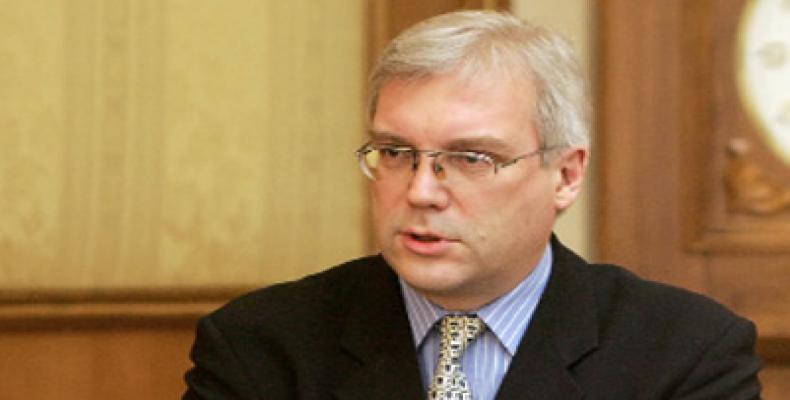According to the diplomat, the first thing for Moscow is to meet the objectives of the special military operation in Ukraine, and the second thing is to strengthen the Army, Navy and Aerospace Forces of the Russian Federation, given the challenges posed by NATO’s plans.
Also, “continue to strengthen integration associations and allied organizations in which Russia participates. Increase ties with the world majority, with all those who do not succumb to dictates and are willing to work with us on the basis of national interests,” the diplomat said. “The multipolar world is prevailing, and no matter what NATO does, it will not be able to change that trend, it’s impossible to go back,” he said. “As for Ukraine’s accession to NATO, I want to say that this problem will be resolved militarily or politically,” the official said.
NATO Secretary General Jens Stoltenberg said during the summit that they decided not to require Ukraine to implement the NATO Membership Action Plan, instead, adopting a multi-year program of military assistance to Kiev and approving the creation of the Ukraine-NATO Council.
Stoltenberg also announced the final declaration of the meeting, according to which NATO would invite Ukraine to join when the allies decide that Ukraine has met all conditions to become a member of NATO, to be evaluated by the bloc’s member states.
Ukrainian President Vladimir Zelenski, in turn, expressed his dissatisfaction with the decision and described the outcome of the summit as less than ideal for Kiev due to failing to be invited into the organization.
jrr/llp/jha/gfa










